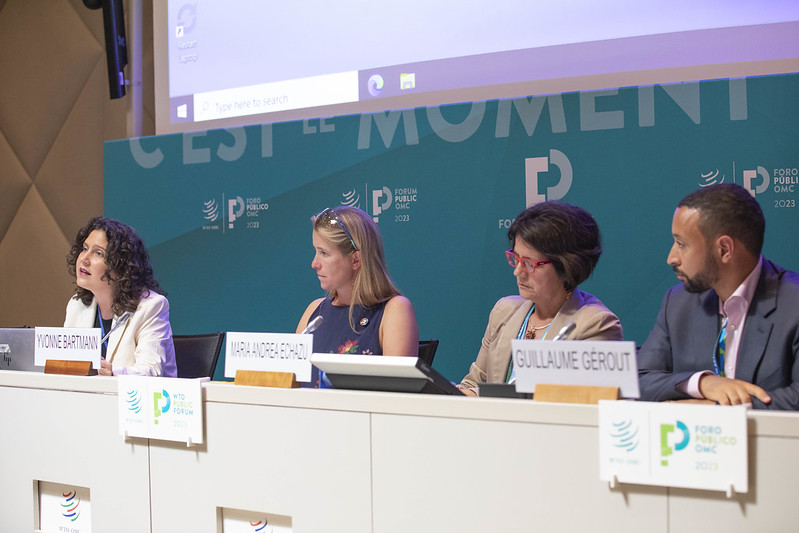
Exercitation ullamco laboris nis aliquip sed conseqrure dolorn repreh deris ptate velit ecepteur duis.
Exercitation ullamco laboris nis aliquip sed conseqrure dolorn repreh deris ptate velit ecepteur duis.
 Publication
Publication
This research is a pilot study that examines the tariff schedules of the African Continental Free Trade Agreement (AfCFTA). The study focuses on the relationship between the AfCFTA tariffs and human rights, particularly the right to food. It highlights the importance of inclusive and sustainable implementation of tariff liberalization within the AfCFTA framework to ensure benefits for all stakeholders. The research provides insights into the tariff schedules of AfCFTA and their potential effects on human rights.
The study emphasizes the importance of an integrated trade analysis, interdisciplinary skills development, and stakeholder involvement to balance economic considerations with human rights. It also highlights the critical significance of rules of origin and the need for careful consideration in all aspects of trade liberalization to ensure that human rights are not neglected, emphasizing the need for a comprehensive consultative process and the consideration of human rights implications.
It highlights the significance of integrating a human rights perspective into the elaboration and implementation of trade strategies, providing recommendations to ensure fair and inclusive decision-making processes.
It offers case studies on the AfCFTA tariffs and human rights in the dairy sector on the right to food and an adequate standard of living for small-scale farmers in Egypt and the ECOWAS region.
The AfCFTA tariff structure is designed to liberalize trade while recognizing the diverse economic landscapes of its State Parties.
The study underlines the need for an integrated trade analysis, interdisciplinary skills development, and stakeholder involvement to balance economic considerations with human rights.
It points out the critical significance of rules of origin and the need for careful consideration in all aspects of trade liberalization to ensure human rights are not neglected.
The study focuses on the tariffs offered by member states of the AfCFTA and emphasizes the importance of a comprehensive consultative process that takes into account the human rights implications. It highlights the significance of integrating a human rights perspective into the development and implementation of trade strategies and provides recommendations to ensure fair and inclusive decision-making processes.
The study also provides case studies on the impact of tariff liberalization on the right to food and an adequate standard of living for small-scale farmers in Egypt and the ECOWAS region, particularly in the dairy sector. The AfCFTA tariff structure intends to liberalize trade while taking into account the diverse economic landscapes of its State Parties.
Authored by

Mr. Guillaume Gérout is a trade policy specialist, notably on intra-African trade and global agreements, contributing significantly to the AfCFTA negotiations and collaborating with major international and governmental organisations.

Mrs. Anaïs Cren-Larvor is a specialized junior policy analyst with expertise in the political economy of African Free Trade Agreements (FTAs), focusing on negotiation, implementation, sustainability, and their implications on trade and gender, and environment.

